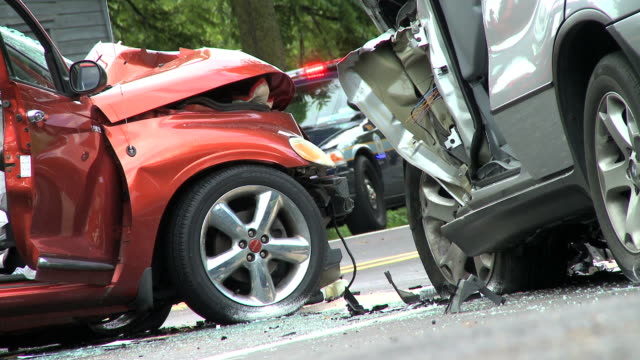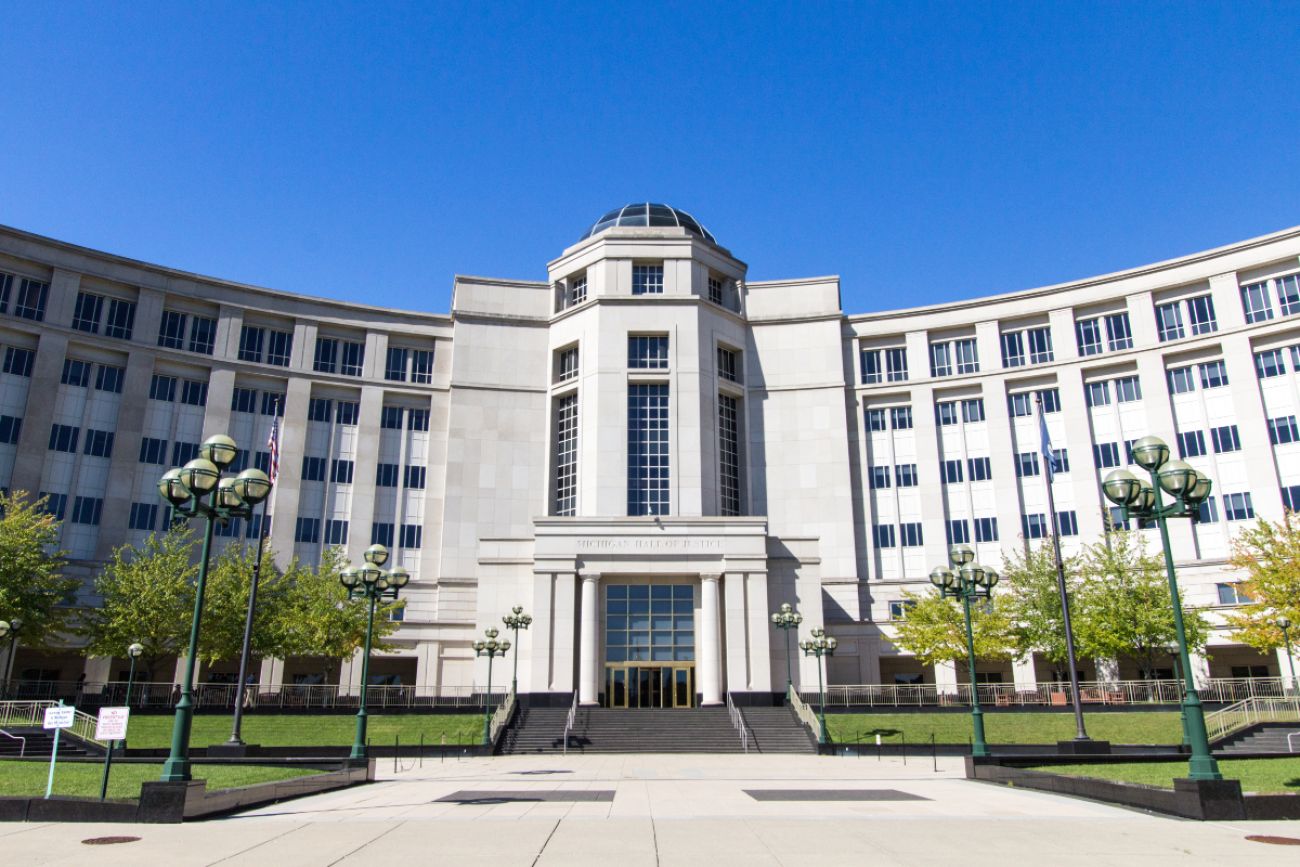
The high court provided limited guidelines for recipients of the Michigan Auto Insurance Reform Law (Photo: iStock)
Michigan Auto Insurance Reform of 2019 will have limited scope to no-fault crash-injured individuals
In an article published by The Detroit News, the Michigan Supreme Court ruled on Monday that a crucial provision of the 2019 Michigan Auto Insurance Reform does not apply to the 17,000 to 18,000 people injured before the law’s passage — a decision that takes a key cost-saving measure in the legislation to task but does not eliminate it.
In a 5-2 decision, the high court determined that the 2019 Michigan Auto Insurance Reform law was not intended to be applied retroactively to anyone who was hurt before the bill’s adoption on June 11, 2019.
Instead, the judges determined that people who were hurt before 2019 had both contractual and statutory safeguards that became effective at the time of their injuries and should be exempt from fee reductions, which are important to the effectiveness of Michigan Auto Insurance Reform law.
A large number of these providers stopped providing in-home care for seriously wounded motorists as a result of the June 2019 Michigan Auto Insurance Reform law’s retroactive payment cap on home healthcare providers at 55% of what they charged in January 2019.
“The insurance policies covering plaintiffs Ellen Andary and Phillip Krueger bind the insurance companies to their promise to provide PIP benefits under the law that existed at the time of injury to those individuals covered by the policies, and the 2019 no-fault amendments do not convey an intent to retroactively modify these vested contractual rights,” wrote Justice Elizabeth Welch in the majority opinion.
The ruling, according to auto insurers, would expose Michigan consumers to future rate rises and a loss of savings.
In a published article from Bridge Michigan, according to experts, the loss of savings would be restricted and most likely confined to the Michigan Catastrophic Claims Association, which was responsible for paying the expenses of those 18,000 people, rather than the insurance companies themselves.

No-fault insurance for individuals involved in a car crash (Photo: iStock)
According to Welch, the new fee reductions “are rationally and logically related to achieving these goals irrespective of their efficacy or wisdom.”
The five justices upheld the Michigan Auto Insurance Reform law’s medical cost control measures do apply to those injured unintentionally after June 11, 2019, ruling that the efforts to reduce benefits costs and insurance premiums are “legitimate governmental objectives.”
ALSO RECOMMENDED:
-
Clippers’ Amir Coffey Arrested Due To Illegal Possession Of Firearm According To L.A Police
-
Florida Tax Holidays: Check Out What Items Are Exempt!
























